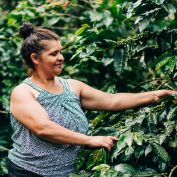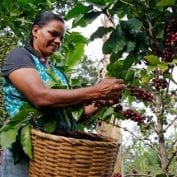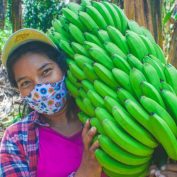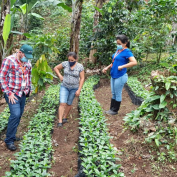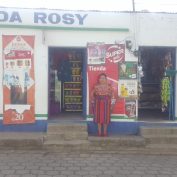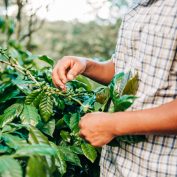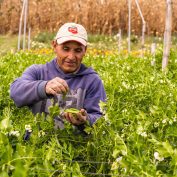Earth Day 2022
Around the world, climate change is making it more difficult for smallholder farmers to grow coffee. This Earth Day, take our quiz to find out what kind of coffee fits you best, then learn how TechnoServe is helping preserve this coffee through improving farmers’ resilience to climate threats.



